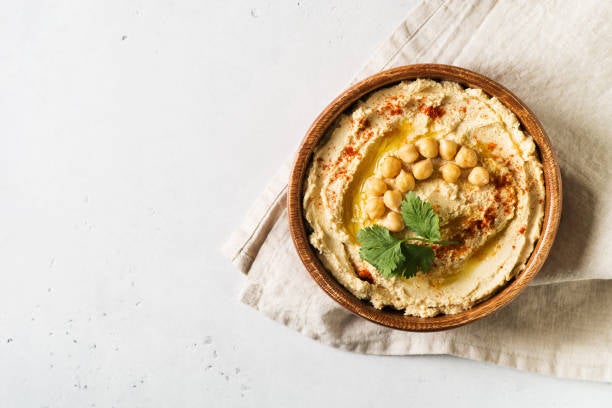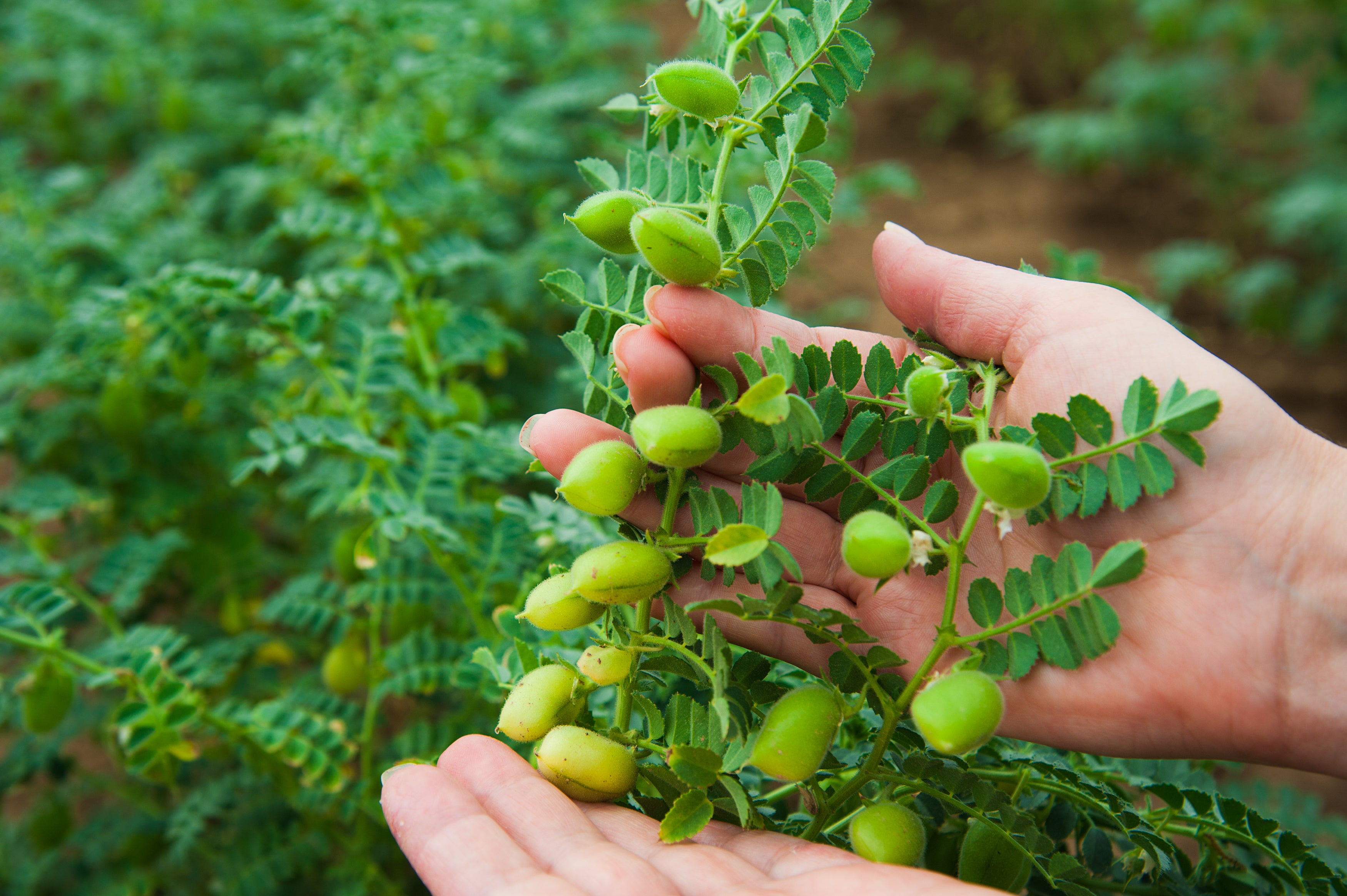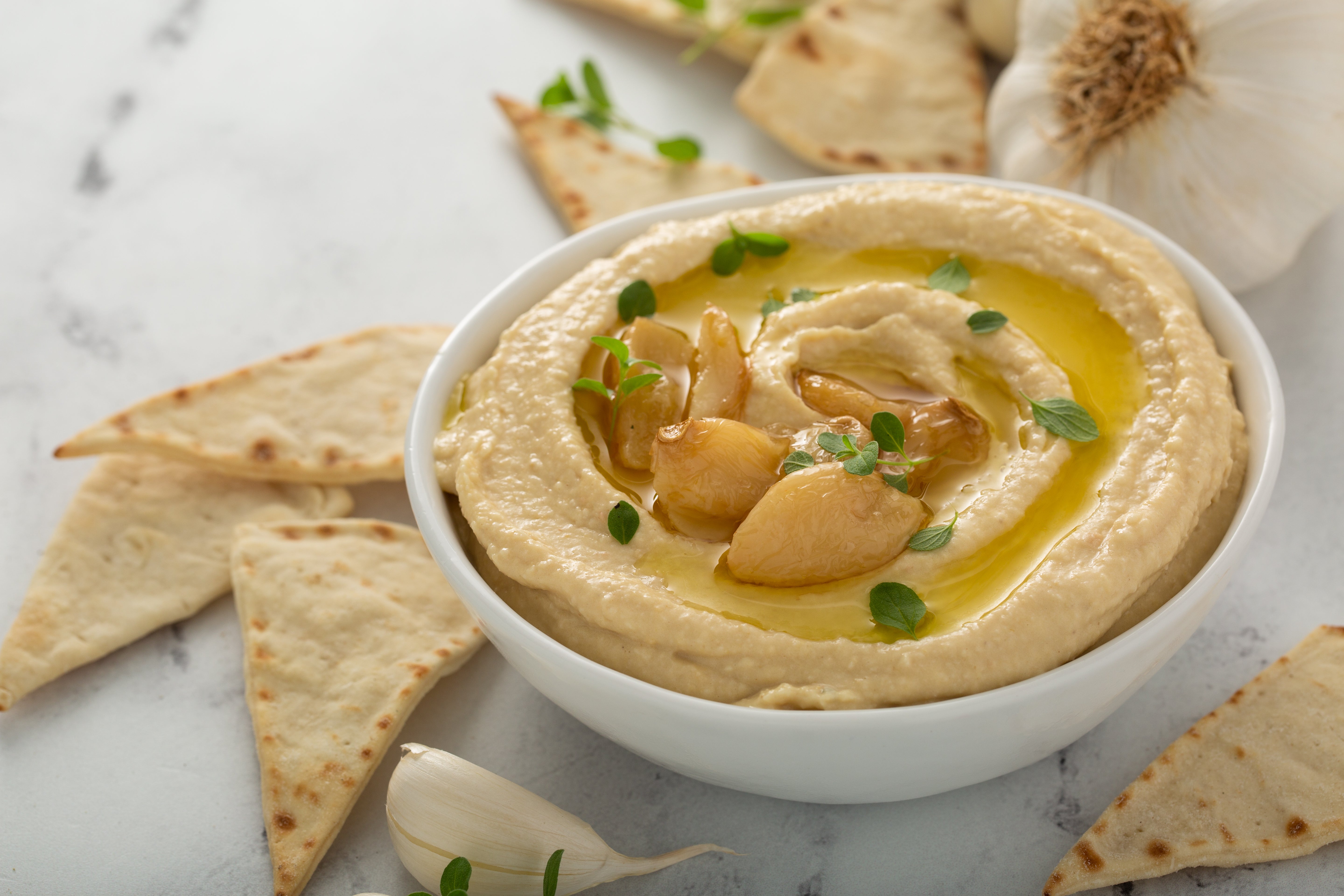Hummus supplies under threat due to Ukraine war and climate change
Global supply of chickpeas predicted to dip by 20 per cent this year

Your support helps us to tell the story
From reproductive rights to climate change to Big Tech, The Independent is on the ground when the story is developing. Whether it's investigating the financials of Elon Musk's pro-Trump PAC or producing our latest documentary, 'The A Word', which shines a light on the American women fighting for reproductive rights, we know how important it is to parse out the facts from the messaging.
At such a critical moment in US history, we need reporters on the ground. Your donation allows us to keep sending journalists to speak to both sides of the story.
The Independent is trusted by Americans across the entire political spectrum. And unlike many other quality news outlets, we choose not to lock Americans out of our reporting and analysis with paywalls. We believe quality journalism should be available to everyone, paid for by those who can afford it.
Your support makes all the difference.The decreasing global production of chickpeas due to the Ukraine war and the changing climate is threatening the supply of hummus, according to industry experts.
The global supply of chickpeas could fall as much as 20 per cent this year, according to the Global Pulse Confederation.
Farmers in the United States – the fourth largest chickpea exporter – planted nearly five per cent fewer acres of chickpeas this year due to bad weather, the US Department of Agriculture (USDA) reported.
“When the Russia-Ukraine war broke out, the demand boomed,” said Jeff Van Pevenage, chief executive officer of Columbia Grain International, a grain and pulse merchandiser and supplier, headquartered in Portland, Oregon.
“We saw strong demand from China, then it was calls from customers in Pakistan and Bangladesh.”

The US market already struggled with smaller stockpiles after last year’s production was cut by a third due to a devastating drought from North Dakota to Washington state. Total domestic supplies are down 10.5 per cent as of June 1, from a year earlier, according to USDA data.
Tight supplies have helped push US retail prices higher as chickpeas on grocery shelves jumped 12 per cent from last year, nearly 17 per cent higher than prior to the pandemic, according to the most recent NielsenIQ data.
Hummus prices have increased 6.9 per cent since 2019.
Navneet Singh Chhabra, director of Shree Sheela International, a global chickpea trader and brokerage firm, revealed that Ukraine could not seed its total chickpea crop due to the war, which meant 50,000 tonnes meant for Europe were lost.

Sanctions aimed at cutting Russia’s access to the global financial system have also hampered purchases of its agricultural products, he said, as some buyers seek to avoid complications with payment.
Mr Chhabra added that Russia normally accounts for about 25 per cent of global trade.
“Russia is exporting around 200,000 to 250,000 tonnes, minimum, per year,” he said. “When the war started in February, the supply was destroyed, totally.”
In Australia, farmers contended with flooded fields, while sellers scrambled to secure container space on ocean freight vessels.
Some farmers may replant, said Ole Houe, director of advisory services at agriculture brokerage IKON Commodities in Sydney.
However, “parts of the planted area is still under water”, he said.



Join our commenting forum
Join thought-provoking conversations, follow other Independent readers and see their replies
Comments